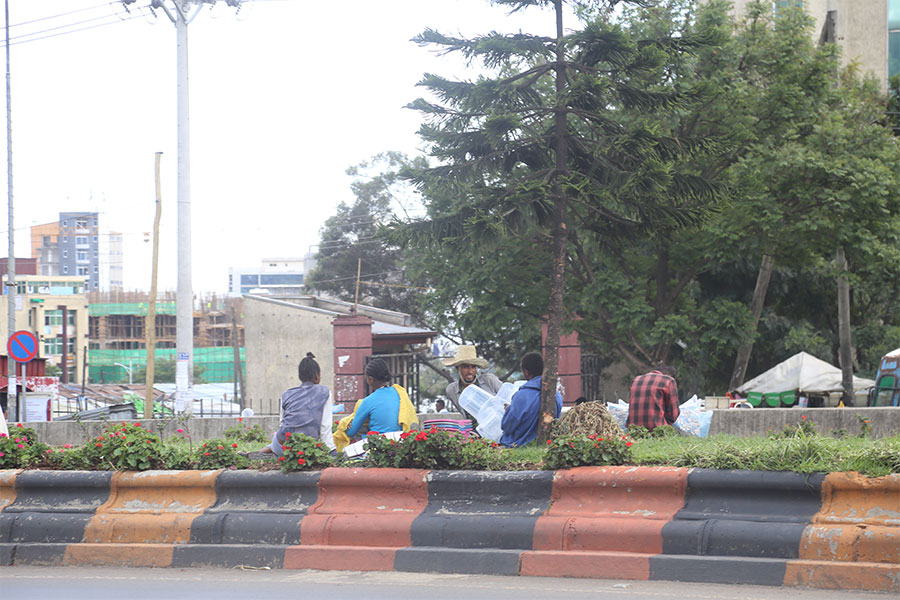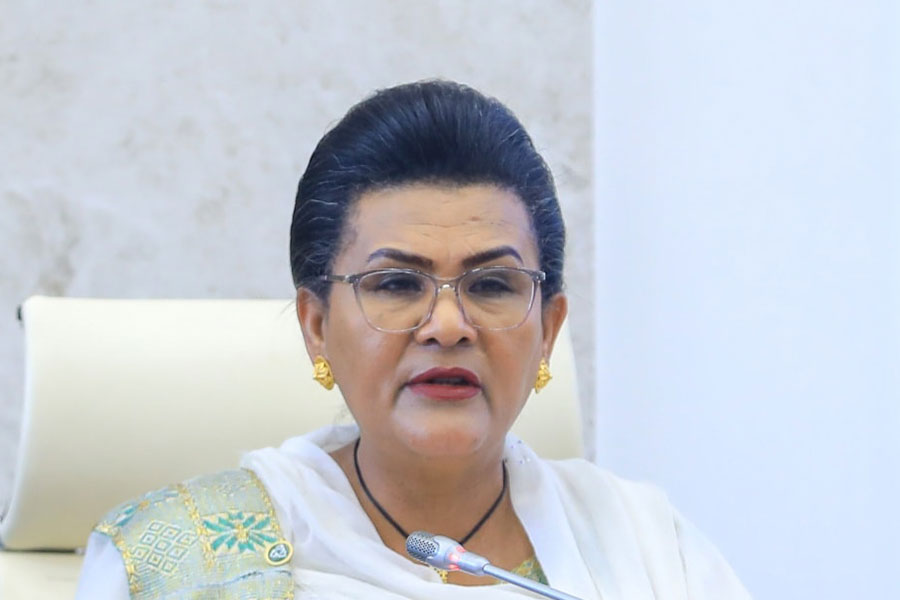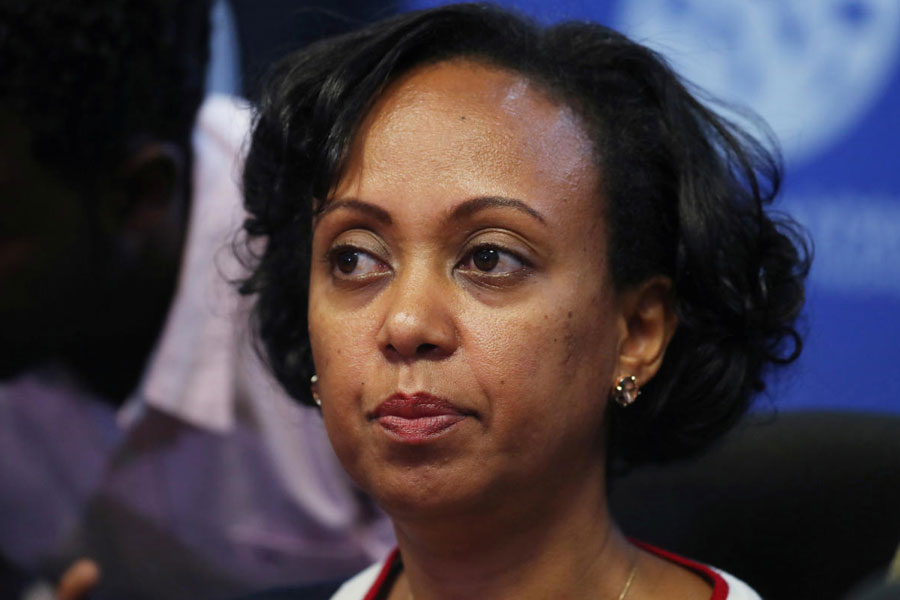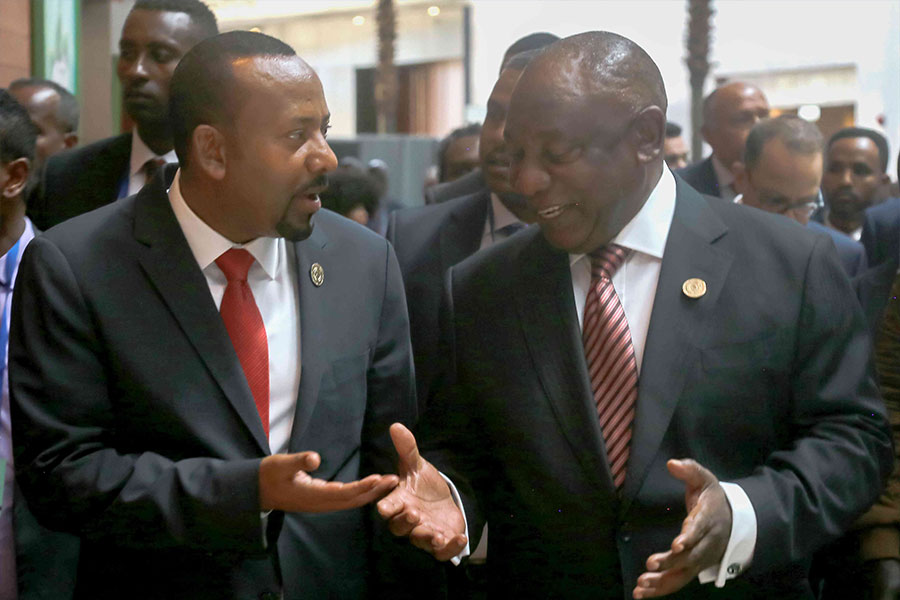
Radar | May 27,2023
Jul 27 , 2024
By Hintsa Andebrhan
Two weeks ago, the central banks of the United Arab Emirates (UAE) and Ethiopia signed a memorandum of understanding on a bilateral currency swap deal worth up to three billion Dirhams (816 million dollars at last week’s exchange rate). The agreement establishes a framework for using local currencies to settle cross-border transactions between the two countries.
Currency swap agreements have clear advantages in reducing exchange rate risks for both parties. However, it does not take an expert to recognise that such agreements are typically more beneficial for countries at similar levels of economic development. Yet, with strong policy pillars such as regulations and legal provisions to manage investments and trade, the currency swap could potentially benefit Ethiopia and the UAE.
The pressing question is whether this currency swap agreement is framed by strategic policy principles that protect Ethiopia's natural resources.
UAE's central import policy focuses on natural or cultured pearls, gemstones, and precious metals, such as gold, copper, diamonds, iron, and steel. Examining Abu Dhabi's primary imports from Ethiopia over the past five years, data reveals that the major imports were gold (546 million dollars), coffee (58.9 million dollars), and sheep and goat meat (52.2 million dollars).
Ethiopia's exports to the UAE have surged, increasing at an annualised rate of 114pc from 3.31 million dollars in 2017 to 149 million dollars in 2022. Abu Dhabi's imports from Ethiopia are heavily centred on natural resources, particularly gold.
It is evident that strategic objectives drive the UAE's import policy, and President Mohammed bin Zayed Al Nahyan's administration adheres to this playbook.
According to the UN COMTRADE database and international trade data, Ethiopia imported goods worth 564.73 million dollars from the UAE in 2022. Of these imports, 33pc were liquid and mineral fuels, while the balance comprised imports of fertilisers, plastic, vegetable and oils, sugar, and sugar confectionery.
The trade imbalance shows that the UAE has a considerable advantage over Ethiopia in economic benefits derived from the flow of natural resources.
This disparity is evidence of the need for Ethiopia to develop strategic plans before entering into economic deals blindly. Economic pundits and policy consultants should put pressure to safeguard Ethiopia’s economic interests and for Prime Minister Abiy Ahmed’s (PhD) Administration to clarify its governing arrangements with the UAE. There is a need for transparency and public disclosure about the purpose of such deals and their strategic economic and political benefits beyond temporary solutions.
While engaging in political and economic business with the UAE is not inherently problematic, it is imperative that all agreements, whether with the UAE, the United States, Russia, China, or any other country, prioritise the interests of Ethiopia and its people.
Ethiopian policymakers and economic advisors around Prime Minister Abiy should encourage him to focus his economic policies and decisions on protecting Ethiopia's natural resources.
Ethiopia has four main assets that require strong political protection: its policy sovereignty, human capital, natural resources, and dignity. As the head of the political powerhouse, Abiy should ensure these assets are not compromised.
Without a strategic framework, the currency swap agreement between Ethiopia and the UAE may only offer temporary relief from the current foreign exchange crisis. If the trade circle within this agreement includes natural minerals like gold, tantalum, opal, coffee, and livestock, Abu Dhabi will likely benefit more than Addis Abeba. It is challenging to argue that this agreement is fair in economic principles without adequate protective measures.
PUBLISHED ON
Jul 27,2024 [ VOL
25 , NO
1265]


Radar | May 27,2023

Sunday with Eden | Jun 14,2025

In-Picture | May 18,2024

Fortune News | Jun 29,2025

Fortune News | May 27,2023

Advertorials | Sep 05,2024

Editorial | Feb 19,2022

My Opinion | Aug 13,2022

Commentaries | Jun 18,2022

Radar | Feb 18,2023

My Opinion | 132041 Views | Aug 14,2021

My Opinion | 128437 Views | Aug 21,2021

My Opinion | 126364 Views | Sep 10,2021

My Opinion | 123987 Views | Aug 07,2021





Dec 22 , 2024 . By TIZITA SHEWAFERAW
Charged with transforming colossal state-owned enterprises into modern and competitiv...

Aug 18 , 2024 . By AKSAH ITALO
Although predictable Yonas Zerihun's job in the ride-hailing service is not immune to...

Jul 28 , 2024 . By TIZITA SHEWAFERAW
Unhabitual, perhaps too many, Samuel Gebreyohannes, 38, used to occasionally enjoy a couple of beers at breakfast. However, he recently swit...

Jul 13 , 2024 . By AKSAH ITALO
Investors who rely on tractors, trucks, and field vehicles for commuting, transporting commodities, and f...

Jul 12 , 2025
Political leaders and their policy advisors often promise great leaps forward, yet th...

Jul 5 , 2025
Six years ago, Ethiopia was the darling of international liberal commentators. A year...

Jun 28 , 2025
Meseret Damtie, the assertive auditor general, has never been shy about naming names...

Jun 21 , 2025
A well-worn adage says, “Budget is not destiny, but it is direction.” Examining t...

Jul 13 , 2025 . By YITBAREK GETACHEW
The Addis Abeba City Revenue Bureau has introduced a new directive set to reshape how...

Jul 13 , 2025 . By BEZAWIT HULUAGER
Addis Abeba has approved a record 350 billion Br budget for the 2025/26 fiscal year,...

Jul 13 , 2025 . By RUTH BERHANU
The Addis Abeba Revenue Bureau has scrapped a value-added tax (VAT) on unprocessed ve...

Jul 13 , 2025 . By NAHOM AYELE
Federal lawmakers have finally brought closure to a protracted and contentious tax de...